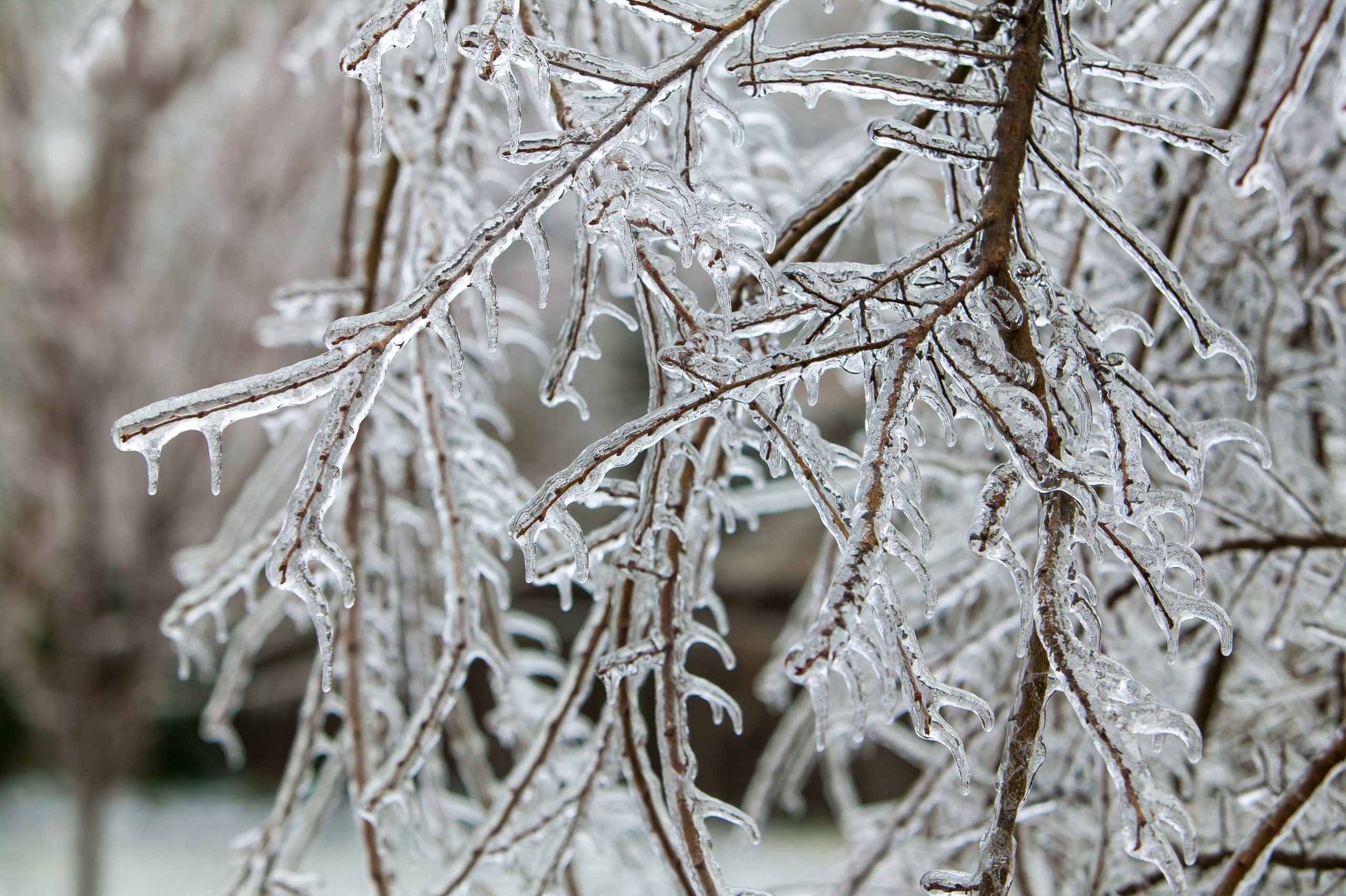Winter Storm Safety Tips for Families Affected by Dementia

(December 21, 2022)— With a major storm projected to bring dangerously low temperatures and wind chills, high winds, and heavy snow and rain to much of the country in the coming days, the Alzheimer’s Foundation of America (AFA) is informing families caring for loved ones living with a dementia-related illness in potential storm areas about important protective steps to take.
“Individuals living with dementia-related illnesses are more susceptible to the dangers caused by extreme cold weather. The effects of dementia may make it harder for them to recognize temperature changes, and more susceptible to hypothermia and falls,” said Jennifer Reeder, LCSW, AFA’s Director of Educational and Social Services. “Following a few simple steps can go a long way to help family caregivers keep their loved ones with dementia safe.”
AFA advises family caregivers to take the following steps to protect their loved ones from the cold:
Know the warning signs of hypothermia. Hypothermia is a concern for everyone in a winter storm, but especially for someone living with dementia who may have difficulty processing temperature and weather changes. Look for shivering, exhaustion, sleepiness, slurred speech, memory loss and clumsy motor skills.
Use traditional blankets instead of electric ones. Electric blankets could cause burns for those living with dementia, as they may be less sensitive to changes in temperature and might not feel the over-heated effect of the blanket. To keep the person safe, remove access to all electric blankets.
Prevent carbon monoxide poisoning. Risk of carbon monoxide poisoning increases with the use of the furnace and other heating methods that keep your house warm. The odorless, tasteless gas can quickly build up to dangerous levels without your knowledge. Carbon monoxide poisoning can cause a dull headache, dizziness, nausea, vomiting, confusion, weakness, blurred vision, shortness of breath and loss of consciousness. Check the heating system at least once a year and install carbon monoxide detectors on each level of the home.
Stock up. In areas that will be impacted by snowfall, ensure that the person has enough food and water to last until the storm passes and road conditions improve. Be mindful of dehydration, which can cause delirium and death. Make sure their cell phones and tablets are charged in case the power goes out. Flashlights (not candles), blankets and other warm clothing should also be easily accessible in case of power failure. If you don’t live near your loved one, see if there is a friend, family member, or aide who can stay during this period. If this is not possible, try to ask someone who lives nearby to check up on them before and after the storm. Inform them of emergency contacts and where important medical information can be found, such as their insurance card.
Use electric heaters with caution. Electric space heaters can pose a fire risk, especially when used with extension cords or if they are knocked over. Use space heaters that automatically turn off when reaching a set temperature, or if they tip over.
Take steps to prevent falls. Someone living with dementia may have vision issues that make it harder to see ice or gauge when a walkway is slippery. This significantly increases the chances of a harmful slip or fall. Keep all stairs, walkways and driveways clear of snow and ice by shoveling often and using rock salt. However, make sure to not overuse the salt, as it can cause traction issues.
Watch out for wandering. Wandering is a very common behavior for individuals with dementia. The person might leave without warning and become lost and unable to return to safety. It’s even more dangerous in the winter, as the person may leave without being dressed appropriately. Allowing the person access to physical activity in a safe environment, such as clear walking paths in the home, can reduce the chances that they will wander. Be prepared in case the person does wander by using a permanent marker, or sewing on, identification into their clothes with your contact information. Keep a recent photo, updated medical information, and a list of their possible destinations available to share with first responders.
Know the contingency plans for care. Storms or extreme weather may impact home care service. Inquire with your loved one’s home care provider about what the backup or contingency plans are to deliver services, or extend their hours to cover the projected period of the extreme weather conditions.
Be prepared for emergencies. Have the emergency contact numbers for local police department, fire department and utility providers readily available.
If there is a chance you and/or your loved one might have to leave the home, refer to information from organizations such as the Federal Emergency Management Agency (FEMA) or the American Red Cross, to make a disaster plan.
Families who have questions or would like additional information about caring for a loved one with a dementia-related illness can speak with a licensed social worker through the AFA Helpline by phone (866-232-8484), text message (646-586-5283), or webchat (click the blue and white chat icon in the lower corner of this page).


